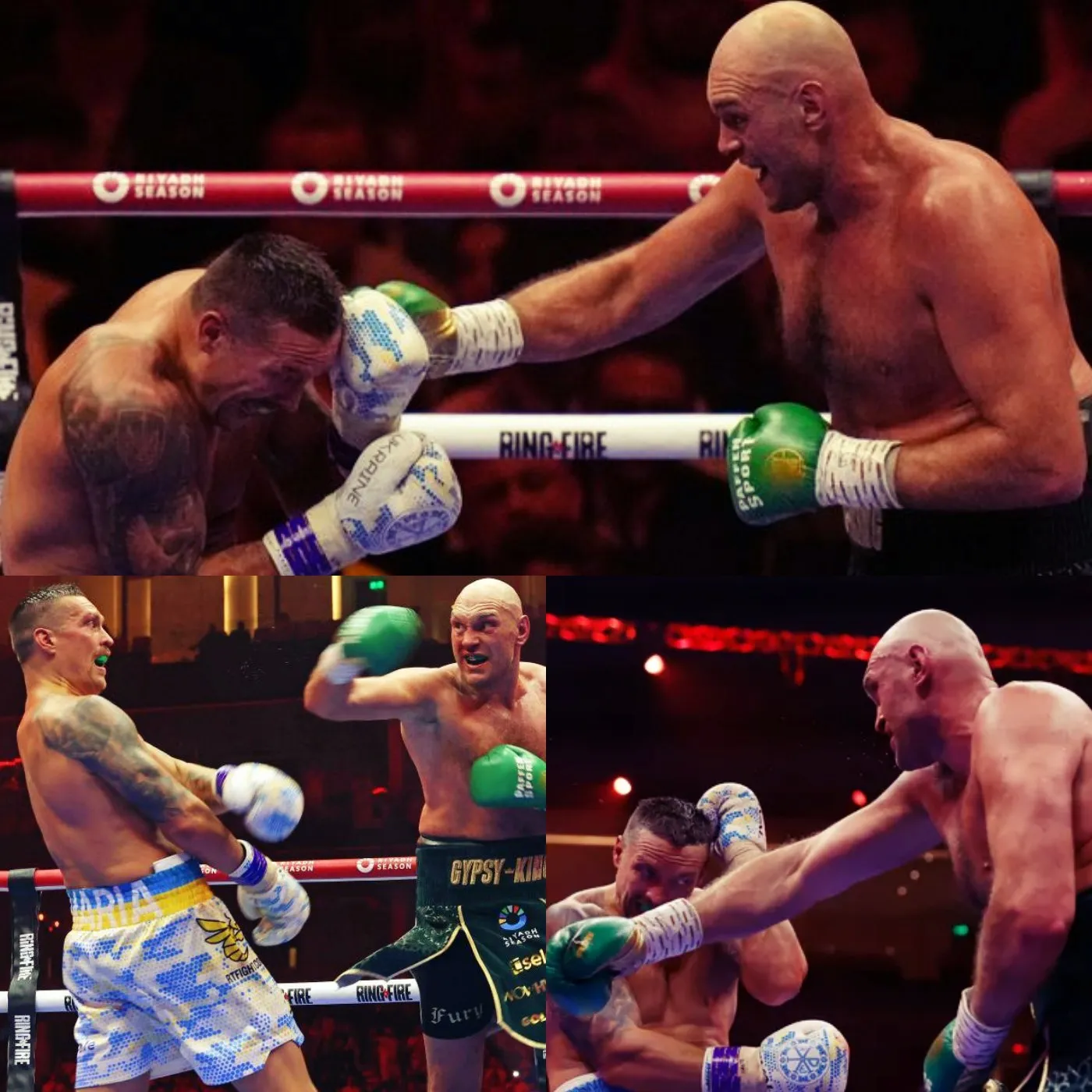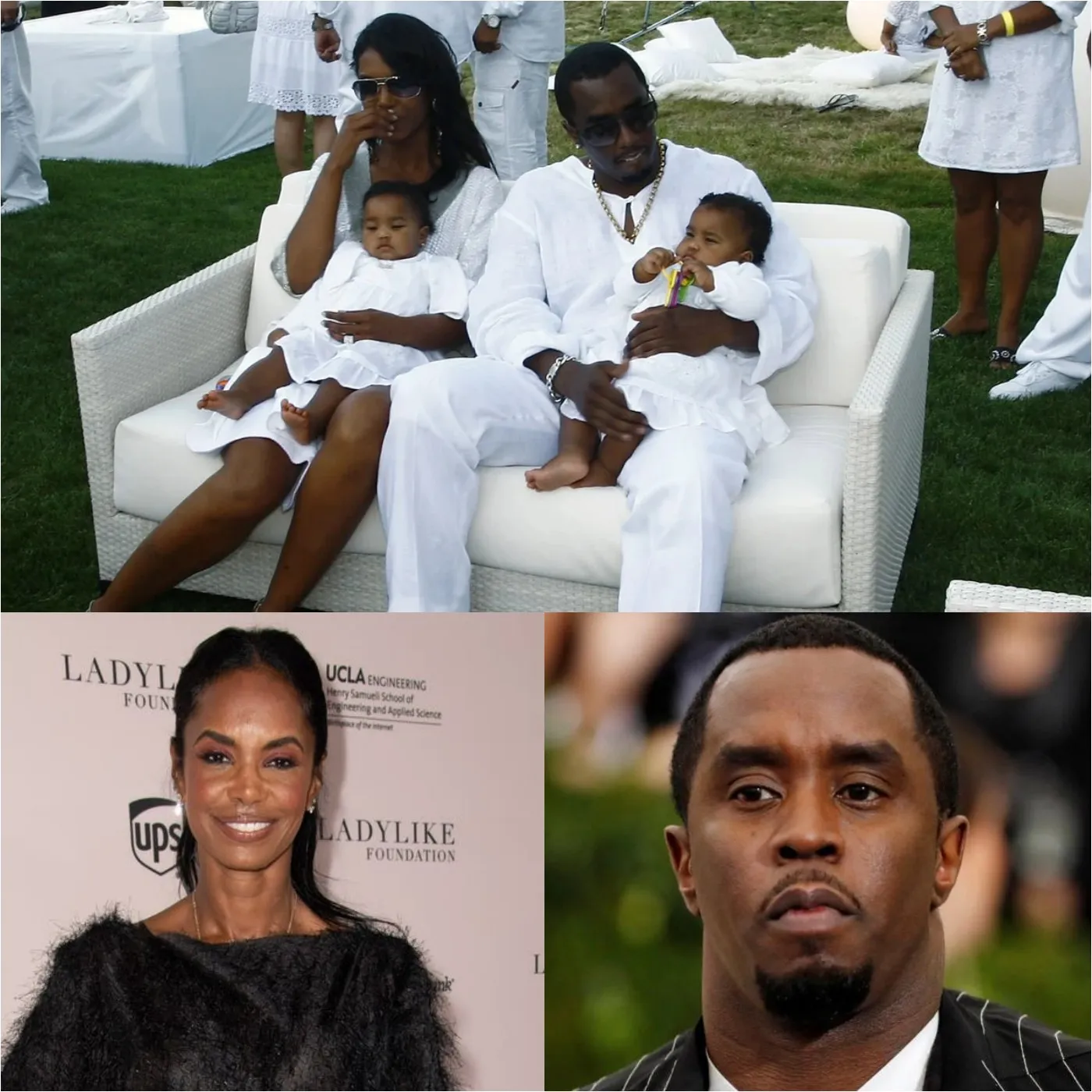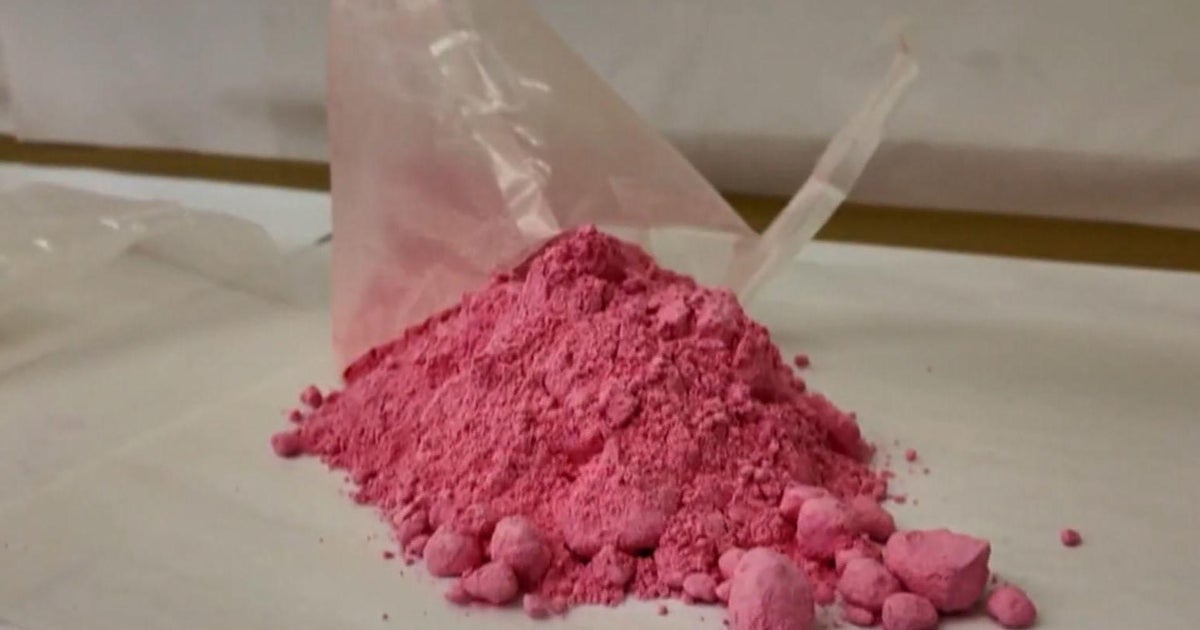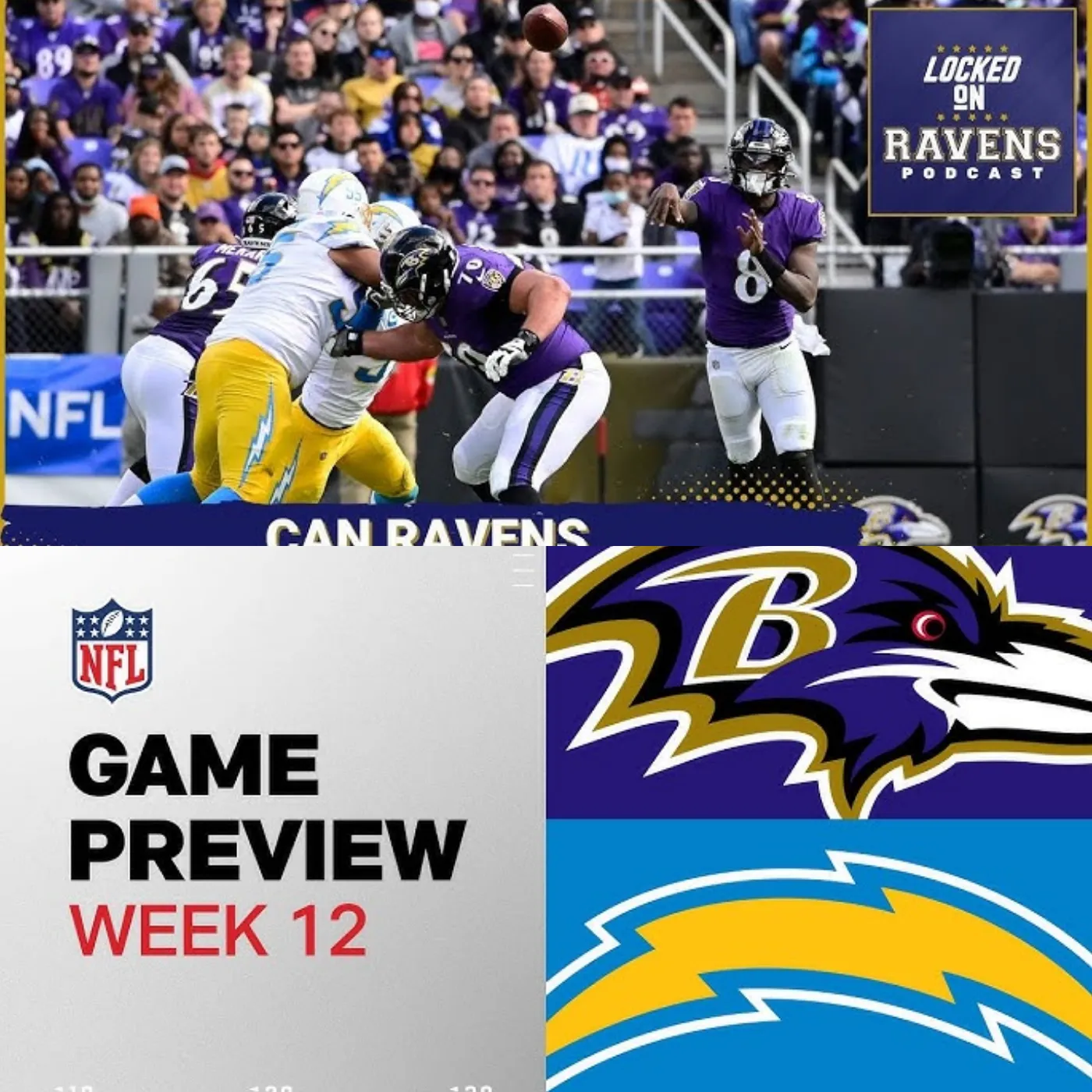Why the Red Sox Might Move Rafael Devers to a New Position
Upgrading the Roster to Return to the Postseason As the Boston Red Sox look to strengthen their roster and return to postseason contention by 2025, improving their infield defense is a top priority. In the 2024 season, the team ranked sixth in MLB with 49 defensive runs saved, but most of that success came from […]

Upgrading the Roster to Return to the Postseason
As the Boston Red Sox look to strengthen their roster and return to postseason contention by 2025, improving their infield defense is a top priority. In the 2024 season, the team ranked sixth in MLB with 49 defensive runs saved, but most of that success came from the outfield, leaving the infield as a glaring weakness that needs urgent attention.
Rafael Devers: A Defensive Liability
According to MassLive.com, the Red Sox are exploring the idea of moving longtime third baseman Rafael Devers to first base. Devers has been one of the league’s weakest defensive players, recording -5 defensive runs saved over a full 162-game season and leading the American League in errors at third base since 2018. His defensive struggles are a critical factor in this potential shift.

The Right Time for a Transition
At 28 years old, Devers has nine seasons remaining on his contract. The Red Sox likely understand that he could finish his career at first base. Transitioning from third base to first base is a common move for players entering their 30s, but this shift might come earlier than anticipated for Devers, given his current performance levels.
Devers’ Current Stance
Nelson Montes de Oca, Devers’ representative, has emphasized that the player intends to remain at third base and work on improving his performance. However, Devers has never played first base in his professional career, making this potential transition a significant challenge. Mastering the nuances of the position, such as footwork and timing decisions on plays, will require time and effort.
A Learning Curve for Devers
If the Red Sox decide to move Devers to first base, they should make the switch sooner rather than later. Giving him nearly an entire season to practice and a full spring training to acclimate will be essential for a smooth transition. Expecting Devers to adapt after just a few spring training games is unrealistic and could hinder his development.
Balancing Defense and Offensive Impact
Despite concerns about his defense, Devers remains a potent offensive force, boasting a .272/.354/.516 slash line with 28 home runs in the 2024 season. Moving him to first base could maximize his contributions to the team while minimizing his defensive shortcomings, allowing him to focus more on his hitting.

The Alex Bregman Opportunity
Transitioning Devers to first base opens the door for a defensive upgrade at third base, potentially with Alex Bregman. The free-agent third baseman has a close relationship with Red Sox manager Alex Cora, who previously served as a bench coach for the Houston Astros. Bringing Bregman to Boston could significantly enhance the team’s defensive stability and overall performance.
Moving Rafael Devers to a new position could yield numerous benefits for the Red Sox. A more reliable infield defense, combined with the addition of players like Alex Bregman, could position the team for success in the near future. The decision, while challenging, might be the right step to propel Boston back into contention and restore their former glory.




































